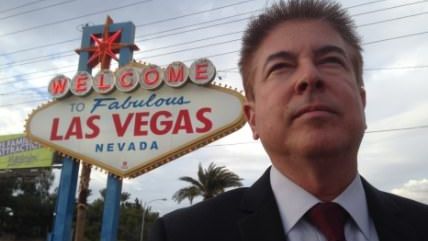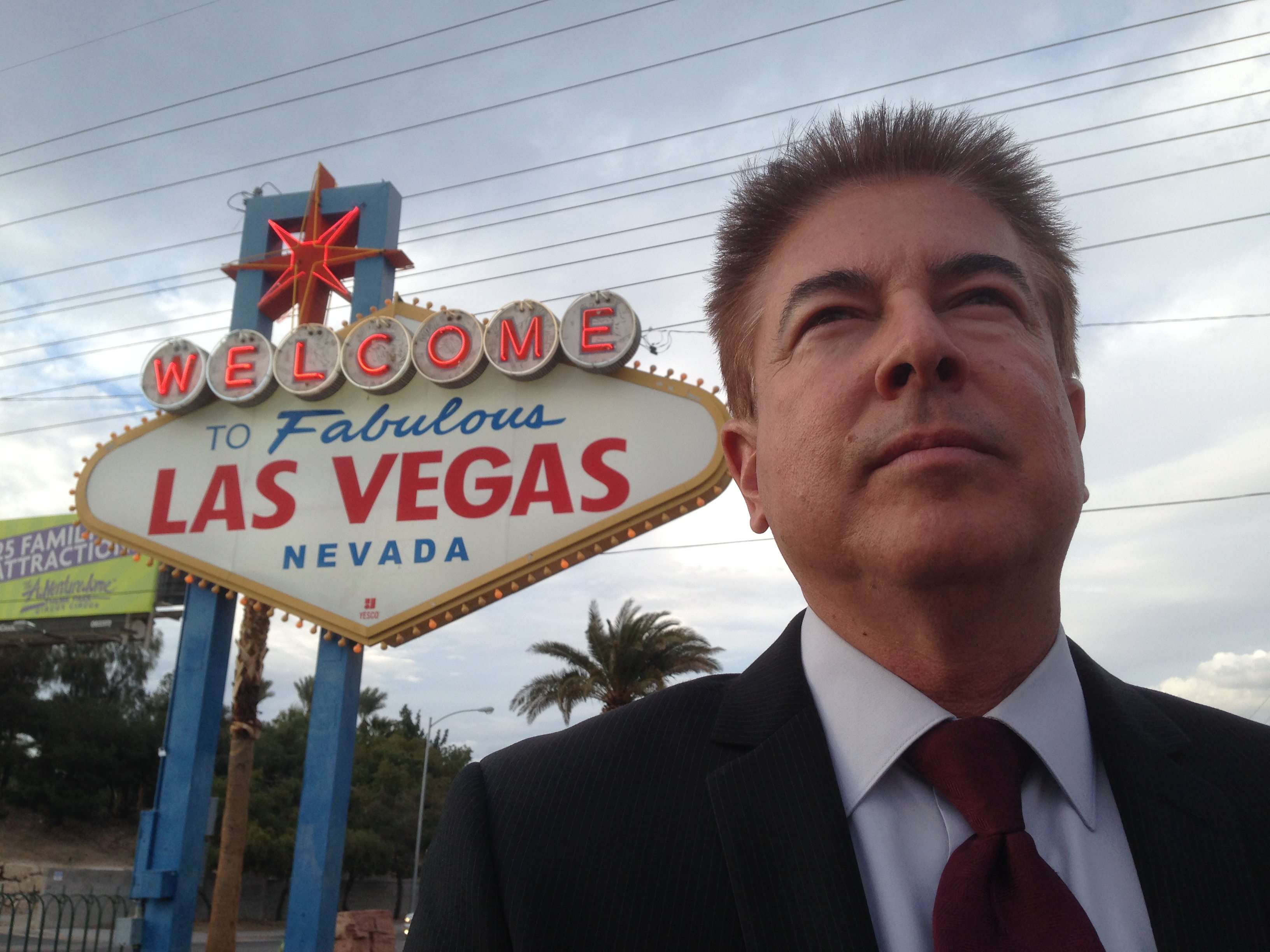Nevada Ends Weird Requirement Demanding Licenses Just to 'Furnish Information'
Attempt to regulate private detectives ends up in an odd place.


The liberty lawyers at Pacific Legal Foundation (PLF) have chalked up a win (a modest one) against licensing requirements. The state of Nevada licenses private investigators using a definition of "information" that is remarkably broad, and furthermore required investigators to have their business in Nevada. Pacific Legal sued. Here's the basics from PLF attorney Timothy Sandefur:
We recently sued Nevada over a law that requires all "private investigators" to get a government license—but defines the term "private investigator" so broadly that it applies to anyone who "furnishes information." That is to say, you'd have to get a government license to write a biography of Thomas Jefferson, or research your family history, or write a poem. That violates the First Amendment. The law also required any private investigator to locate his business in Nevada—which also violates the Constitution, since states are barred from discriminating against business owners from other states.
We challenged the law on behalf of California-based investigator Troy Castillo, who does not have a business office in Nevada, and should not be forced to get one. The state responded that there was nothing objectionable about forbidding people from "furnishing information" until they had been "thoroughly vetted" by the government. It also claimed there was nothing wrong with Nevada discriminating against people from other states. Never mind more than two centuries of Supreme Court precedent to the contrary.
Even more amusingly, the government's lawyer argued that the state could not be blamed for defining "private investigation" so broadly that grandmothers looking up family trees in the county libraries would need to get licenses from the government, because it is "difficult to define" the term "private investigator." Citing Justice Stewart's famous definition of obscenity, government attorneys argued that "[you] know it when [you] see it.'" Of course, even if it were "difficult to define" the practice of private investigation, that cannot justify imposing a prior restraint on the exercise of First Amendment speech. As the Ninth Circuit once observed, it may be "easier to make 'I know it when I see it' decisions . . . than to come up with a general rule, but we must nonetheless try."
Nevada has subsequently passed new legislation, AB 173, to fix this issue, and the governor has signed it. The law eliminates the in-state office requirement and clarifies that the licensing requirement does not apply to people who are accessing "public information." That still seems awfully vague, but as Sandefur notes, "it seems to mean that reporters, genealogists, and poets are not at risk of prosecution for 'furnishing information' without government permission."
Editor's Note: As of February 29, 2024, commenting privileges on reason.com posts are limited to Reason Plus subscribers. Past commenters are grandfathered in for a temporary period. Subscribe here to preserve your ability to comment. Your Reason Plus subscription also gives you an ad-free version of reason.com, along with full access to the digital edition and archives of Reason magazine. We request that comments be civil and on-topic. We do not moderate or assume any responsibility for comments, which are owned by the readers who post them. Comments do not represent the views of reason.com or Reason Foundation. We reserve the right to delete any comment and ban commenters for any reason at any time. Comments may only be edited within 5 minutes of posting. Report abuses.
Please to post comments


...there was nothing objectionable about forbidding people from "furnishing information" until they had been "thoroughly vetted" by the government.
Doesn't D.C. do this with tour guides?
We want...information.
Why did you resign?
OT: Two unique business approaches that I ran across over the last couple of days. Can regulation be far behind? Apparently there are a few other few other to peer lending firms as well - but this is the first I've heard of it.
Integra Gold Corp. (ICG) (otcqx:ICGQF) ("Integra" or the "Company") is giving the term "data mining" a whole new meaning with the launch of its Integra Gold Rush Challenge, a form of crowdsourcing it hopes will lead it to the next big gold discovery at its Sigma-Lamaque gold property in Val-d'Or, Qu?bec.
Prosper.com. - Prosper loans are just like traditional bank loans. It's no mystery rates on credit cards have increased since 2009. Debtors are looking for ways to get a better rate than their local bank. Perhaps because many blame the economic crisis on the banks, they are also looking for non-bank alternative for loans. Peer-to-peer loans (Prosper included) are usually at much lower rates than credit cards.
Your suppose to tell us we won't believe it until we see the check or something about your sister's husband's brother-in-law.
Crap... "4327$ per month from just sitting on my laptop - now roll that beautiful bean footage"
I've looked into peer to peer lending before but I haven't invested in it. It makes sense to me as an investment. I'll have to look into the gold one.
"The law also required any private investigator to locate his business in Nevada?which also violates the Constitution, since states are barred from discriminating against business owners from other states."
So I can buy health insurance across state lines now?
*sad trombone*
You can't.
So... if this article is read by someone in the State of Nevada, does it violate Nevada's private investigator licensing law since the article "furnishes information" on Nevada's private investigator law and a challenge thereto?